There is no escaping the fact the planet is getting warmer. Around the world temperatures are climbing to levels never seen before.
In Western Australia recently temperatures in some remote townships exceeded 50 degrees centigrade.
So far this summer Argentina and neighbouring countries such as Uruguay, southern Brazil, and Paraguay have experienced some of the hottest days in history.
Wildfires last year in the United States, Canada, Mediterranean and in Siberia have been the worst on record due to long dry spells and extremely hot temperatures.
As temperatures rise oceans also become warmer, impacting on migratory patterns of fish threatening the livelihood of millions who rely on fishing for a living.
Warm temperatures have impacted on the world's coral reefs bleaching the coral white and killing off massive kelp forests.
A report titled "Another Record: Ocean Warming Continues Through 2021 Despite La Ni a Conditions" published by Advances in Atmospheric Sciences journal on Jan 11 said the world's oceans in 2021 witnessed the hottest temperatures ever recorded.
According to the Ocean Conservancy, a non-profit environmental advocacy group, "From the beginning of industrialization until today, the ocean has absorbed more than 90 percent of the heat from human-caused global warming and about one-third of our carbon emissions. But we are now seeing the devastating effects of that heat and carbon dioxide."
The World Meteorological Organisation in a media release on Jan 19 said that despite the temporary cooling effects of the 2020-22 La Ni a events, 2021 was still one of the seven warmest years on record.
The WMO said it had concluded global warming and other long-term climate change trends are expected to continue as a result of record levels of heat-trapping greenhouse gases in the atmosphere.
The average global temperature in 2021 was about 1.11 C above the pre-industrial (1850-1900) levels.
The WMO said 2021 was the seventh consecutive year (2015-21) where the global temperature has been over 1°C above pre-industrial levels, according to all datasets compiled by WMO.
Associate Professor Douglas Bardsley from the School of Geography, Environment and Population, University of Adelaide, said the WMO report suggests any perceived lull in global climate change is not a source of hope that warming is decelerating.
"Reports like this mean we need to think about how the places that we love and work in will be affected, and how we will need to adapt to deal with heat and changing rainfall patterns, bushfires and coastal erosion," he said.
"We are experiencing a La Nina event this summer, but as the WMO notes, this short period provides only temporary relief in amongst a long-term trend of global warming.
He said the report, and others like it, need to be used to trigger political and technological change.
Professor Martina Doblin from the Climate Change Cluster at the University of Technology Sydney said: "Just as in terrestrial systems, marine heatwaves or MHWs are increasing in their frequency, intensity and duration, often resulting in substantial stress or mortality among marine organisms."
"In the absence of knowledge about the impacts of MHWs at the base of ocean foodwebs, we have limited understanding of the ecological risks from MHWs to fisheries and the rapidly growing aquaculture sector.
"This translates to significant uncertainties in ecosystem predictions and projections that are critical for risk management and developing appropriate adaptive strategies and policies," she said.
She said increasing record-breaking temperatures are already inflicting harm on marine ecosystems, with well documented impacts of coral bleaching, and massive biodiversity loss during marine heatwaves.
"How organisms will respond to more frequent, extreme and unpredictable changes in their environment remains little known," she added.
Pep Canadell, CSIRO Research Scientist and Executive Director of the Global Carbon Project, said it was "extraordinary" that 2021 was among the hottest years since the beginning of the Industrial Revolution. The Commonwealth Scientific and Industrial Research Organisation or CSIRO is an Australian Government agency responsible for scientific research.
"In the past, a La Nina year was a globally cool year, a time for a break from warmest weather. Now, a La Nina year is a globally very hot year," he said.
"What concerns me is what will the next super El Nino bring, when temperatures get seriously hot?"









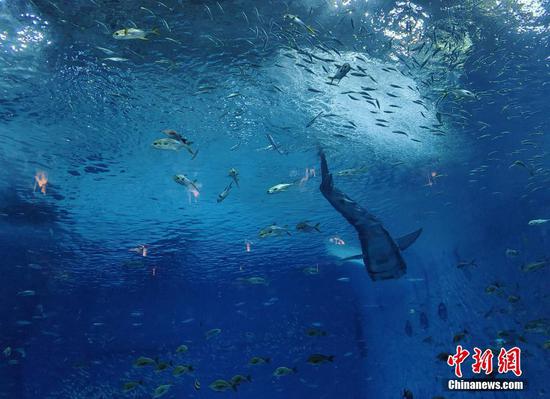



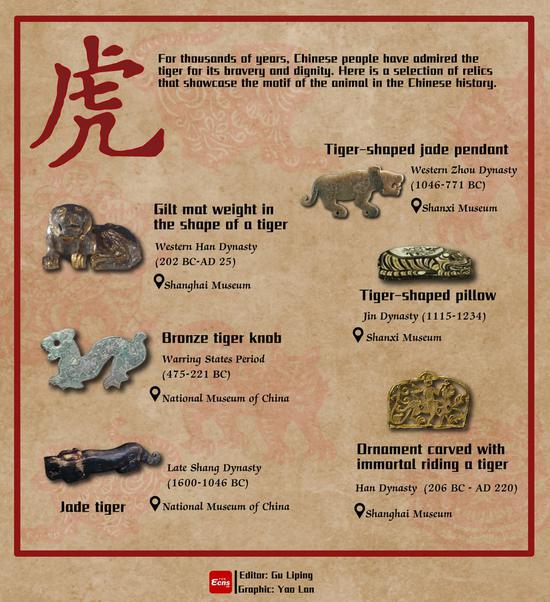
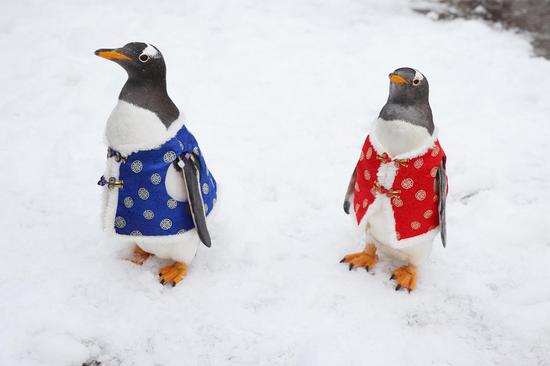










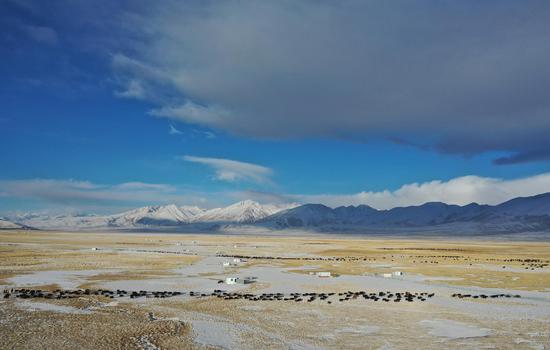


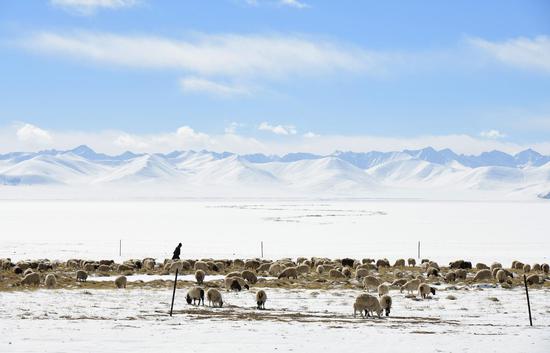


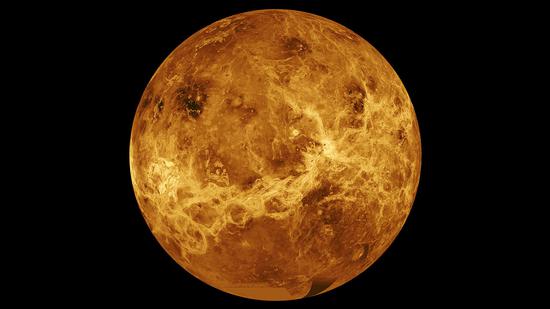









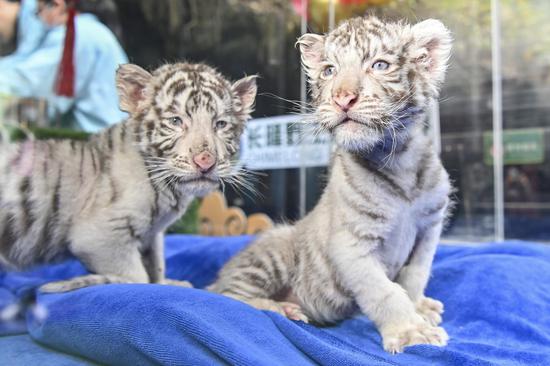








 京公网安备 11010202009201号
京公网安备 11010202009201号